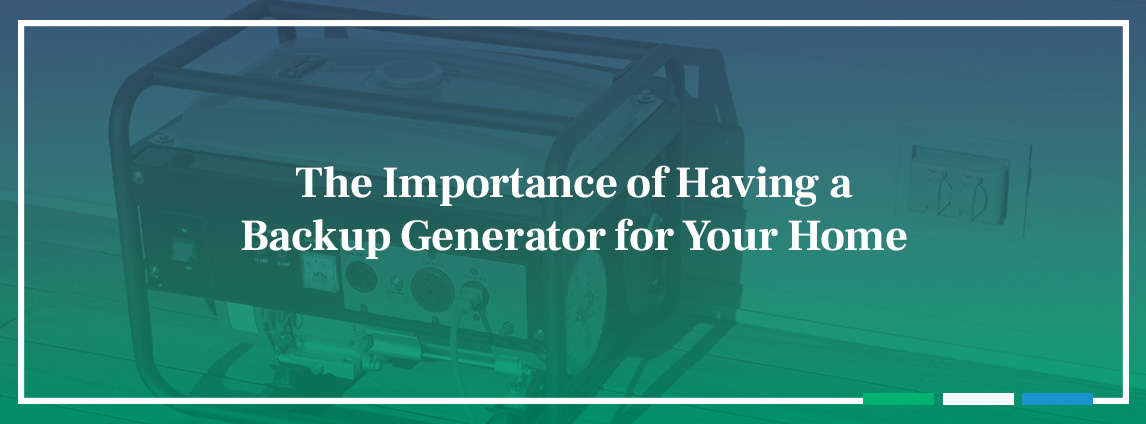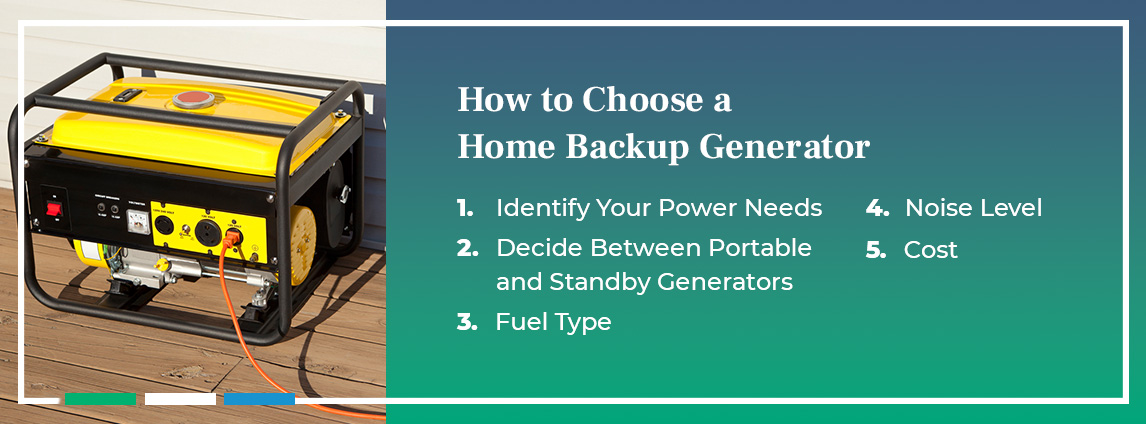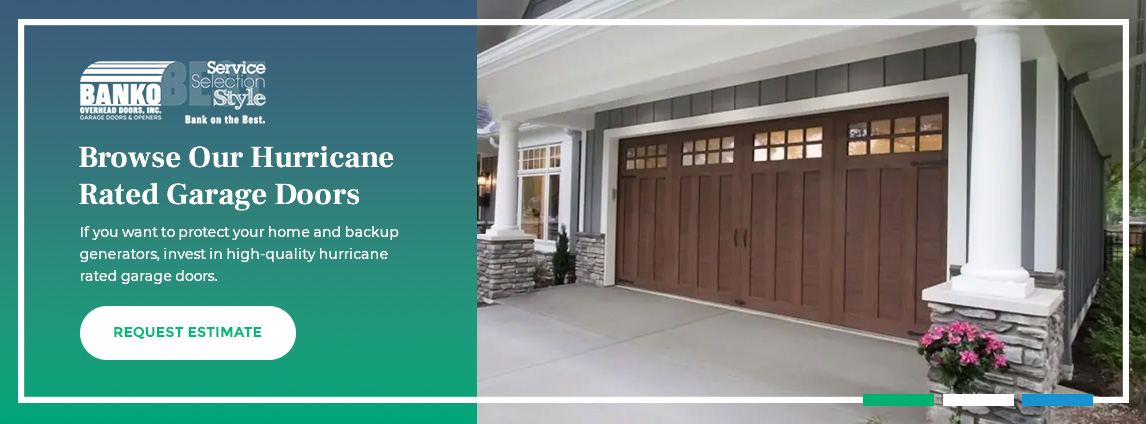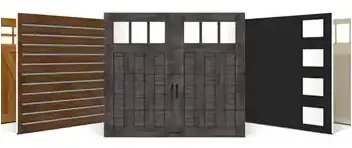
While Florida is known for its numerous attractions and beaches, living there can come with unique challenges, especially during hurricane season. A backup generator is a crucial tool that can significantly enhance your safety and comfort.
A reliable backup generator is essential for ensuring an uninterrupted power supply during emergencies. A backup power supply helps keep you comfortable and safe during severe weather events. Let’s explore the importance of having a backup generator and what to look for when choosing a backup generator for your home.
Table of Contents
Benefits of a Backup Generator
If you’re wonderingif you should get a backup generator for your home, you should consider all the benefits they can give you. A backup generator is a good idea for Florida residents — with regular hurricanes and severe weather, having a way to protect your power and comfort is essential. Here are just some of the benefits you can expect when you invest in a reliable backup generator.
Reliable Power Source During Storms
Florida is no stranger to powerful storms and hurricanes — they can quickly disrupt the power grid, leaving thousands of homes without electricity. During these extreme weather events, a backup generator acts as a reliable power source, providing essential electricity for critical appliances like refrigerators, air conditioner units and communication devices. With a backup generator, you can keep your home functioning smoothly, ensuring your family’s safety during extended power outages.
Preserving Food and Medicine
Power outages can lead to the spoilage of perishable food and medications that require refrigeration. With a backup power supply, you can prevent these valuable resources from going to waste. A backup generator ensures your refrigerator and freezer stay operational, keeping your food fresh and medications safe — this is particularly important for individuals with medical conditions requiring temperature-sensitive medications. When disaster strikes, you don’t want to be stuck without food and medicine. A backup generator can keep you healthy during power emergencies.
Comfort During Extreme Heat
Florida’s hot and humid climate can be unforgiving, especially during power outages. A backup generator can keep your air conditioning unit functioning, providing much-needed relief from the scorching heat. This is especially important for vulnerable populations like older people, young children and individuals with health conditions, who are more susceptible to heat-related illnesses.
Home Security and Safety
Power outages can compromise home security systems, leaving your property vulnerable to theft and intrusions. A backup generator ensures that your security system remains operational, providing peace of mind during emergencies. You’ll sleep easier knowing you still have power and security protection during emergencies. Additionally, having powered lights throughout your home enhances safety by preventing accidents in the dark and making it easier to navigate during evacuation procedures.

How to Choose a Home Backup Generator
Selecting the right backup generator is essential for ensuring a reliable power supply during emergencies and power outages. Finding the perfect generator for your home requires careful consideration. Here are some essential factors to help guide you in choosing a home backup generator for all your needs.
1. Identify Your Power Needs
Determining your power requirements is the first step in selecting the right backup generator. Make a list of essential appliances and equipment you want to keep running during a power outage. Calculate the total wattage needed to power these items simultaneously — use your manufacturer’s guide or online resources to determine the exact wattage.
Consider critical appliances like air conditioners, refrigerators, communication devices, lights and medical equipment. Knowing your power needs will help you choose a generator with adequate capacity to handle the load.
2. Decide Between Portable and Standby Generators
Backup generators come in two main types — portable and standby. Portable generators are versatile and can be moved around as needed. Since they’re portable, they offer less power than standby generators and need to be hooked up manually. If you have lower power needs, portable generators are a less expensive alternative to standby generators. They’re a cost-effective option for providing temporary power during emergencies.
On the other hand, standby generators are permanently installed outside your home and connect to your electrical system. Standby generators automatically turn on when the main power supply is disrupted, offering seamless power transfer during outages. They are much more expensive than portable generators but provide lots more power, run on propane and natural gas and work silently. Consider your budget, power needs and long-term requirements when deciding between portable and standby generators.
3. Fuel Type
Backup generators are powered by different fuel types, such as gasoline, diesel, propane or natural gas. The fuel you use depends on your generator, budget and access. Some are cheaper or more efficient than others, but it depends on the generator you get. Each fuel type has its pros and cons — consider all fuel factors when trying to select the right generator for your home:
- Gasoline: Gas is readily available but has a shorter shelf life and requires regular refueling.
- Diesel: Diesel is highly efficient and offers longer runtimes, making it ideal for standby generators.
- Propane and natural gas: Both propane and natural gas are efficient — they work in your generator for extended periods, making them highly practical for long-term power outages in your standby generator.
4. Noise Level
Consider the generator’s noise level, especially if you plan to use it in residential areas. Portable generators tend to be louder than standby generators. If noise is an issue for you, standby generators run much more quietly than portable ones. Look for models with noise-reducing features or consider installing the generator farther away from living spaces. Lower noise levels ensure a more peaceful environment during stressful power outages.
5. Cost
Cost is one of the most significant factors homeowners consider when choosing backup power supply options. Portable generators are significantly less expensive than standby generators — most homeowners go with portable generators for this reason. While you’ll save upfront with portable models, you must keep them topped up with gasoline, so factor that into your ongoing costs. Standby generators are much more expensive thanks to their longer-lasting fuels, seamless startup and quiet operation.
Browse Our Hurricane Rated Garage Doors
When your power goes out, you need to ensure your backup generator remains safe so it can power your essential appliances. If you want to protect your home and backup generator, invest in a high-quality hurricane rated garage door.
Browse Our Hurricane Rated Garage Doors
With over 30 years of experience, Banko Overhead Doors provides you with durable, hurricane rated garage doors to keep your home and belongings safe. Our hurricane WindCode®-rated garage doors are specially designed to withstand Florida’s most extreme conditions. Investing in our exceptional hurricane rated garage doors will protect your home for years to come.
If you want to upgrade your garage door, request a quote from us online today!











